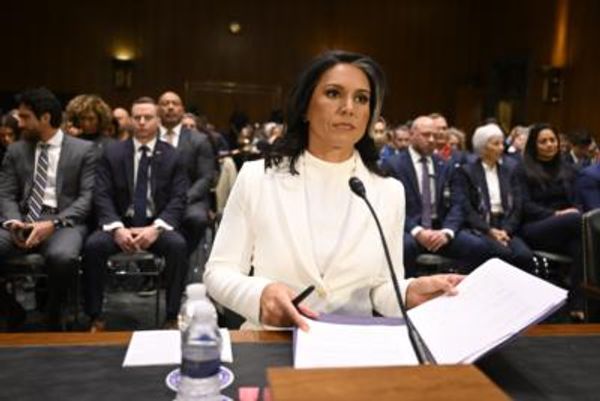
Well, what was all that about? After having its agenda stymied for most of the last two and a half years, Labor found it needed just half a billion dollars and some minor concessions to get the suddenly compliant Greens to open the legislative floodgates, ending the parliamentary year with a bang.
The House of Representatives returned this morning to rubber stamp a number of bills arriving back from the Senate, including the compulsory online ID bill, another of many black marks on this Parliament. How Labor whinged and whined when the Howard government, in full hubris mode after the 2004 election, used its control of the Senate to conduct three-day inquiries into major bills — yet here was Labor running a farcical non-inquiry into a major intrusion on privacy conjured up by the dying mainstream media industry. Richard Alston must be delighted — Australia’s status as a global village idiot that he worked so hard to achieve remains safe for several years to come.
The government’s other stitch-up with the Coalition, on political funding, has vanished into next year and will hopefully never be seen again, given the likelihood Albanese will call an election before Parliament resumes in February. That would have come as a surprise if you relied solely on the Nine papers, which had repeatedly insisted the Coalition was behind the bill, but that’s what happens when journalists simply repeat Don Farrell’s claims without scrutiny.
In lieu of the political spending stitch-up returning in February, Farrell will have the honour of being responsible for a truly spectacular failure on electoral integrity. He had a mandate to implement Labor’s election commitment of a $1,000 donation disclosure threshold and real-time disclosure, and could have easily done so even with the opposition of the Coalition at any time over the last two and a half years. Even that would have represented a significant step forward for the farcical donations disclosure regime at the Commonwealth level. Instead, Farrell and Labor decided it had bigger fish to fry in relation to revenge on Clive Palmer and choking off the threat of independents at a time when the major party vote is collapsing.
The last-minute rush brought some better legislation, however. Australia will now have a new statutory tort to address serious invasions of privacy, a long-overdue reform finally steered through by Attorney-General Mark Dreyfus as part of a substantial reform of the Privacy Act (though the anti-doxxing sections of the same bill, specifically drafted to protect people who want to destroy others’ careers for the crime of protesting genocide, belong in the garbage with the compulsory online ID legislation and Farrell’s stitch-up).
Labor also climaxed this term’s competition policy reforms with an overhaul of merger approval laws — more quickly than Crikey predicted mid-year. The legislation itself won’t end the spectacle of the pro-big business Australian Competition Tribunal overturning sensible Australian Competition and Consumer Commission (ACCC) decisions to block mergers, but it caps what has been the most important parliamentary term for strengthening competition for over a decade. The ACCC’s Gina Cass-Gottlieb has been an important part of that with the regulator — encouraged by Labor — pursuing landmark cases against Qantas and the big supermarkets; those of us who said she’d be a dud are having to regularly eat our words. If only Labor could overcome its weird mental block about divestiture powers.
Simon Birmingham also said his farewell yesterday, bringing to an end nearly 18 years in the Senate and thus marking another step in the slow deliberalisation of the Liberal Party. Birmingham had a few ministerial stints in his time, but he should remembered as the education minister who first cleaned up Labor’s mess around vocational education institutions and then, with the encouragement of Malcolm Turnbull, actually tried to give us a fairer education funding system in 2018. It’s forgotten now, but after a succession of confused policy positions on education funding and the Gonski reforms under Tony Abbott, the Liberals under Turnbull decided to actually try implementing the original Gonski reforms properly — without the Gillard government’s politically motivated handouts to the Catholic sector.
Labor under Bill Shorten, however, decided to get some payback for all those years of Coalition claims that Labor had a private school hit list, and launched a cynical campaign to defend excessive funding for Catholic schools. Birmingham and Turnbull fought hard to implement good policy before having to succumb to Labor’s craven surrender to the Catholic lobby. Australia would have a better and fairer system of school funding if Birmingham had won.
Have something to say about this article? Write to us at letters@crikey.com.au. Please include your full name to be considered for publication in Crikey’s Your Say. We reserve the right to edit for length and clarity.







